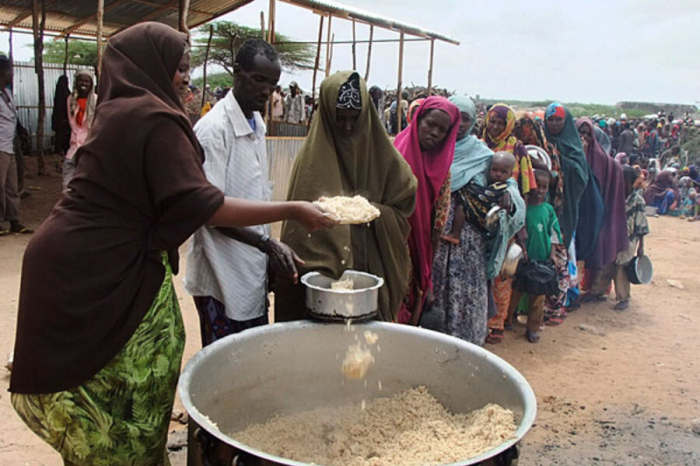Parts of Kenya, Ethiopia and Somalia are facing the driest conditions in more than 40 years and aid agencies are seeking to avoid the repeat of a famine a decade ago that killed hundreds of thousands of people.
Addressing a closed-door donor conference held in Geneva, Griffiths said the organization had only a fraction of the $1.4 billion it needed to respond to the drought.
"... The harsh truth we must acknowledge today is that we are in a race against time again to avert large-scale loss of life in 2022, and we don't have the resources to do so," he said in remarks delivered virtually. "We must act now on a no-regrets basis. Lives are literally hanging in the balance," he said.
A fourth failed rainy season in the region is now a growing probability of creating what Griffiths said would constitute "one of the worst climate-induced emergencies in its history."
Already, more than 15 million people in the region are experiencing high hunger levels and herders have already lost some 3 million animals due to drought, he added.
The U.N.'s Intergovernmental Panel on Climate Change, the top global climate science authority, said heatwaves, droughts and extreme rainfall would become more frequent in coming decades as temperatures continue to climb.
















































